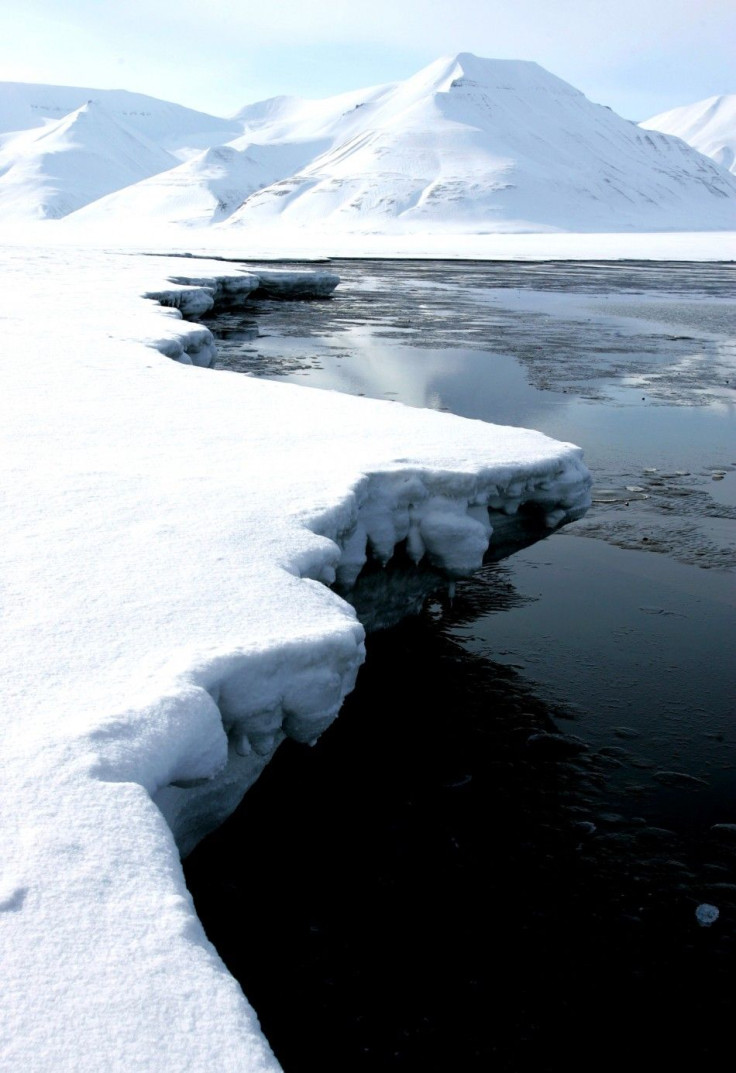Arctic Sea Ice Level Hits Record Low

The Arctic sea ice has reached a record historical low point on Sept. 8th, since satellite observations began in 1972.
Global warming is melting the Arctic ice cap in a much higher speed than scientists had predicted, despite a rainy and cold summer.
Breaking the previous low record of 4.27 million square kilometers in 2007, the sea ice level at the Arctic dwindled to 4.24 million square kilometers on Sept. 8th, according to a University of Bremen research team led by Dr. Georg Heygster.
In the coming days, similar results are expected to be announced by the US National Snow and Ice Data Centre in Colorado.
Scientists consider the Arctic's shrinking sea ice as a measure and a driver of global warming.
Because sea ice reflects most of incoming sunlight and keeps the Arctic cold throughout summer, the sea ice level on long days of summer plays a significant role in blocking solar radiation. When the Arctic is covered by large areas of open water in the beginning of the summer, the solar radiation heats the ocean and further melt more sea ice, leading to the ice-albedo feedback, a negative cycle where warming decreases ice cover and greater solar energy is absorbed.
This feedback loop also delays the formation of new sea ice in the fall because of the added oceanic heat storage.
The researchers' findings clarify a further consequence of the man-made global warming with local as well as global consequences. The sea ice melt directly reduces the livelihood of small animals, algae, fishes and mammals like polar bears and seals.
The sea ice retreat can no more be explained with the natural variability from one year to the next, caused by weather influence, said Georg Heygster, head of the Institute's Physical Analysis of Remote Sensing Images unit.
Climate models show, rather, that the reduction is related to the man-made global warming which, due to the albedo effect, is particularly pronounced in the Arctic.
''Ice volume is now plunging faster than it did at the same time last year when the record was set,'' researcher Axel Schweiger said.
If the ice melt continues at the current speed, summer in the Arctic could be largely ice-free within 30 to 40 years earlier than predicted in the last Intergovernmental Panel on Climate Change assessment report.
© Copyright IBTimes 2024. All rights reserved.











